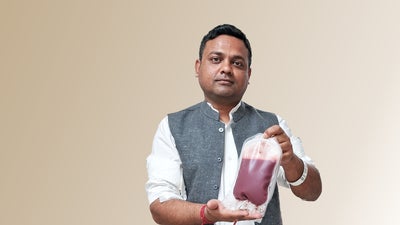DKMS supports a new Bone Marrow Transplant unit in Bengaluru to help children suffering from blood disorders
Every 5 minutes in India, someone is diagnosed with blood cancer or other blood disorders. And with over 42 million carriers, the country has come to be known as the Thalassemia capital of the world.
Being a widespread hereditary condition, more than 10,000 children are born with severe anemia every year. Patients suffering from the disease require a regular blood transfusion to survive, but the most effective treatment is a blood stem cell transplant, ideally at an early age. The need for transplants in children is extremely high and only increasing due to the overwhelming population of the country, so there aren’t enough capacities in hospitals to provide young patients with medical treatment and the necessary care.
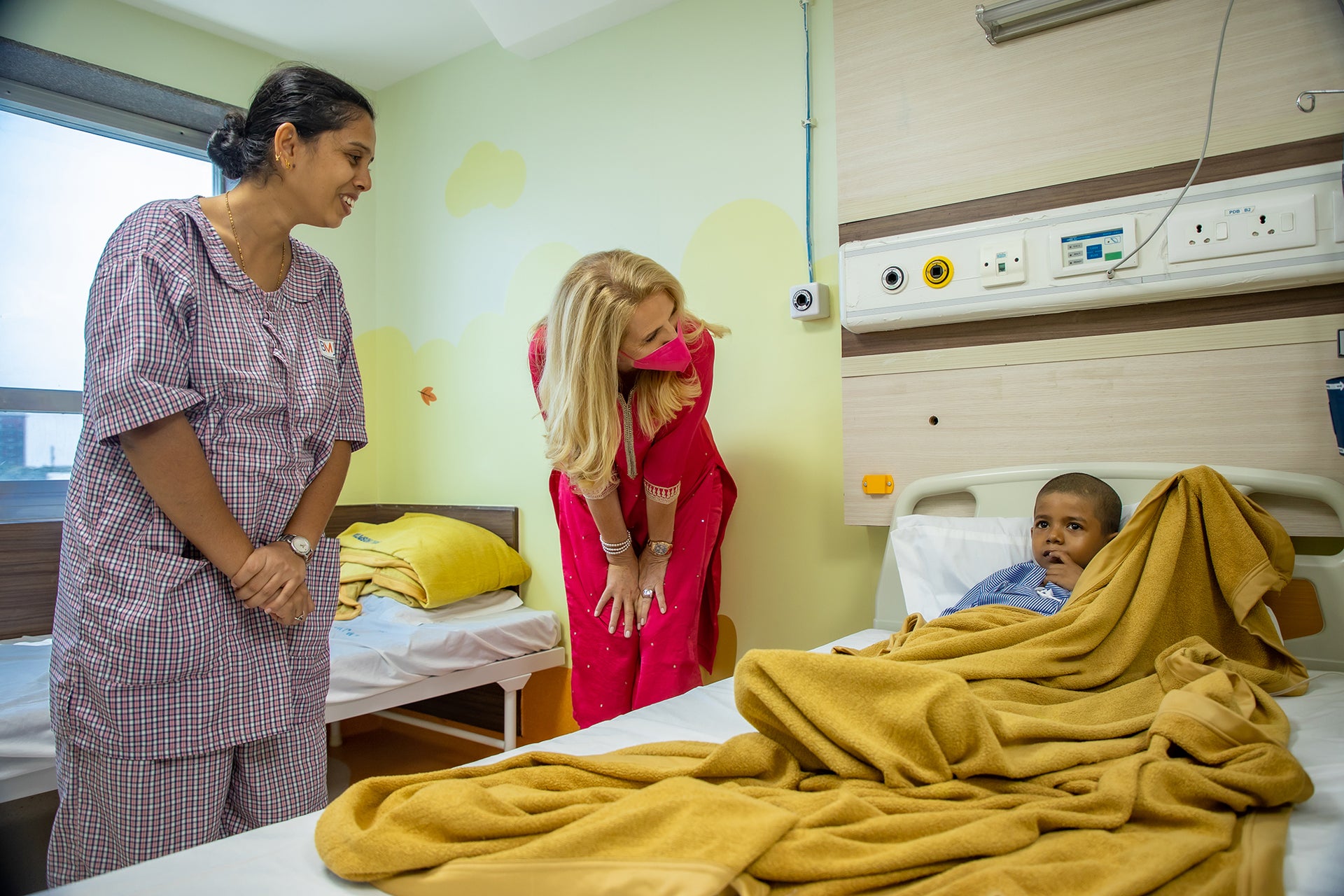
In its mission to improve the access to transplantation for patients in need, DKMS has funded the new BMT Centre with 5.46 Cr INR (~6,30,000 EUR / 7,40,000 USD). “The only effective way to address blood cancer and other life-threatening blood diseases is with a macro perspective. 30 years after our foundation, we are therefore expanding the scope of our activities: In addition to registering as many potential blood stem cell donors as possible, we extend our support to patients whose geographic location or socio-economic status impedes access to transplantation. Our aim is to help build a better base for treatment and to reduce the financial burden on patients in need by contributing to the transplantation costs. It is a milestone for our organization that the BMT Unit in memory of Mechtild Harf opens its doors today for children in need.” says Dr. Elke Neujahr, Global Chief Executive Officer, DKMS.
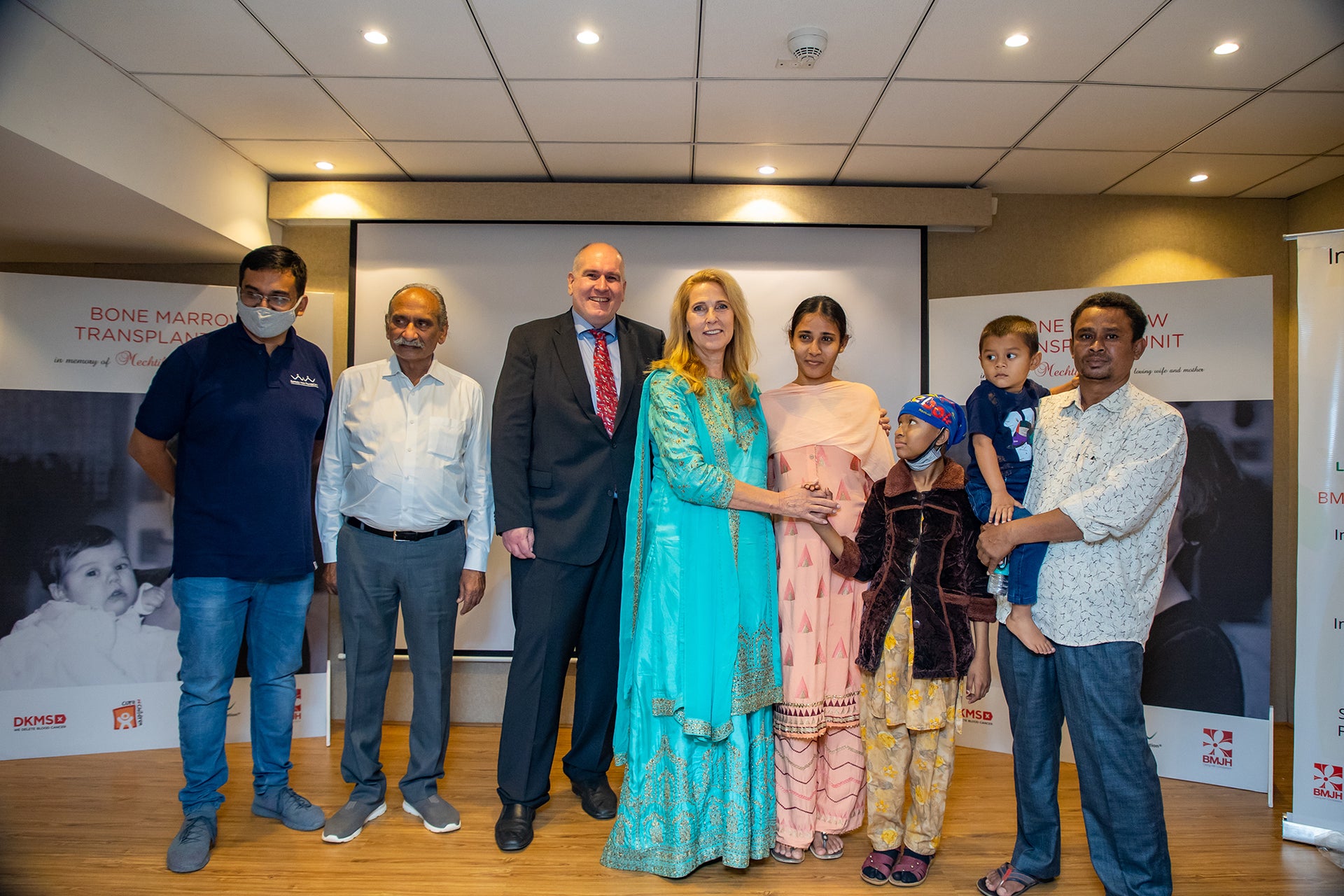
One of the patients who received funding from DKMS within the organization’s support programme is seven-year-old Shrinidhi, a young boy who had been suffering from Thalassemia his entire life.
Sharing her experience, Shrinidhi’s mother says:
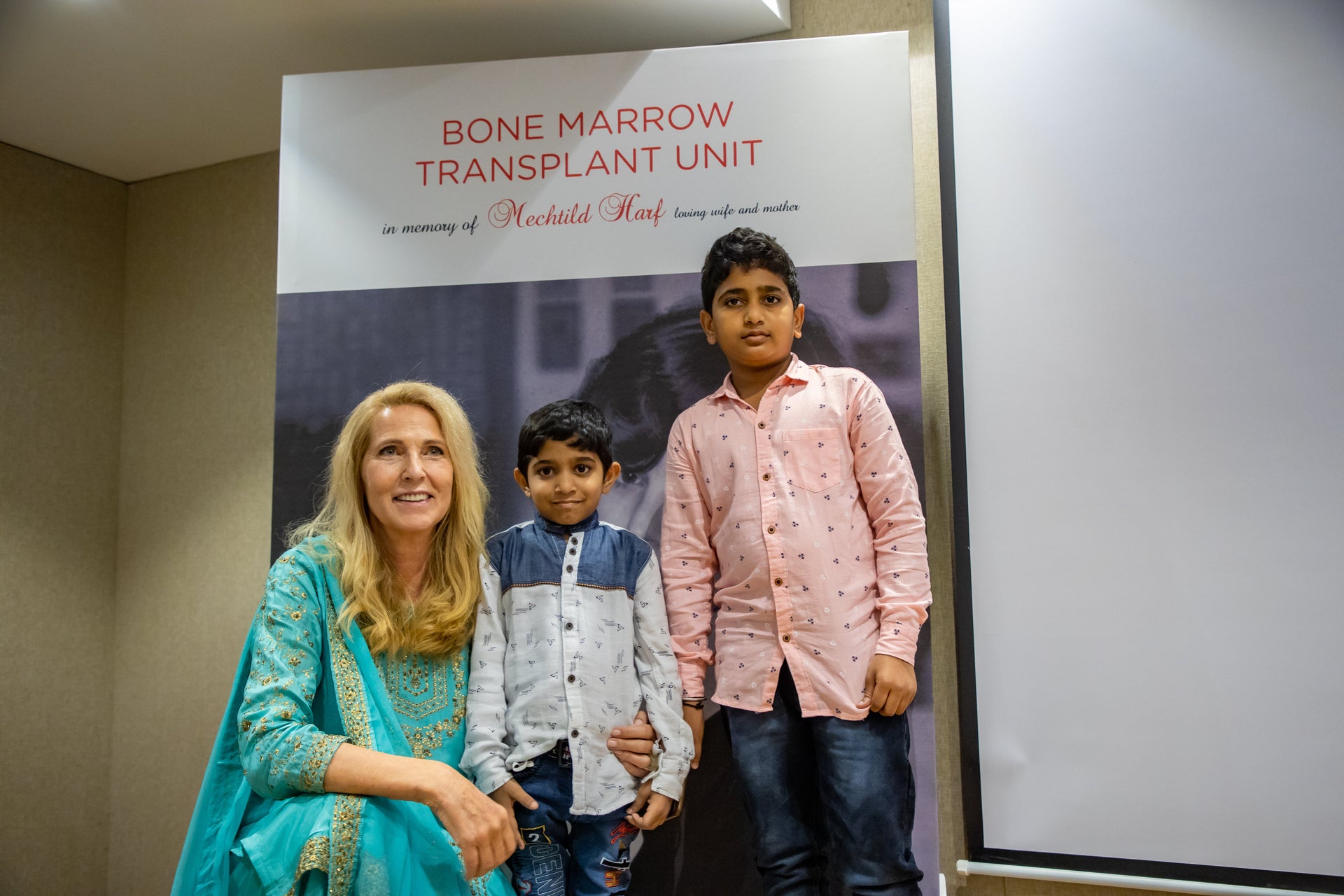
The BMJH-Sankalp BMT unit in Memory of Mechtild Harf, Supported by Cure2Children, is located on a dedicated floor on the premises of the hospital. The facilities include a BMT unit with 10 beds equipped with HEPA filters ensuring a protective environment for patients. For critical patients, an Intensive Care Unit with three beds has been set up. An isolation room, a pre-transplant daycare area with a play area for the children as well as a training and education facility are also part of the centre. The molecular laboratory on the same floor will enable speedy and cutting-edge genetic diagnostics, transplant genetics and pathogen detection and reduce the costs per transplant as these investigations can be carried out in-house. The centre is also home to the central referral pathology lab for Sankalp which will cater to the needs of thalassemia care and management across the country.
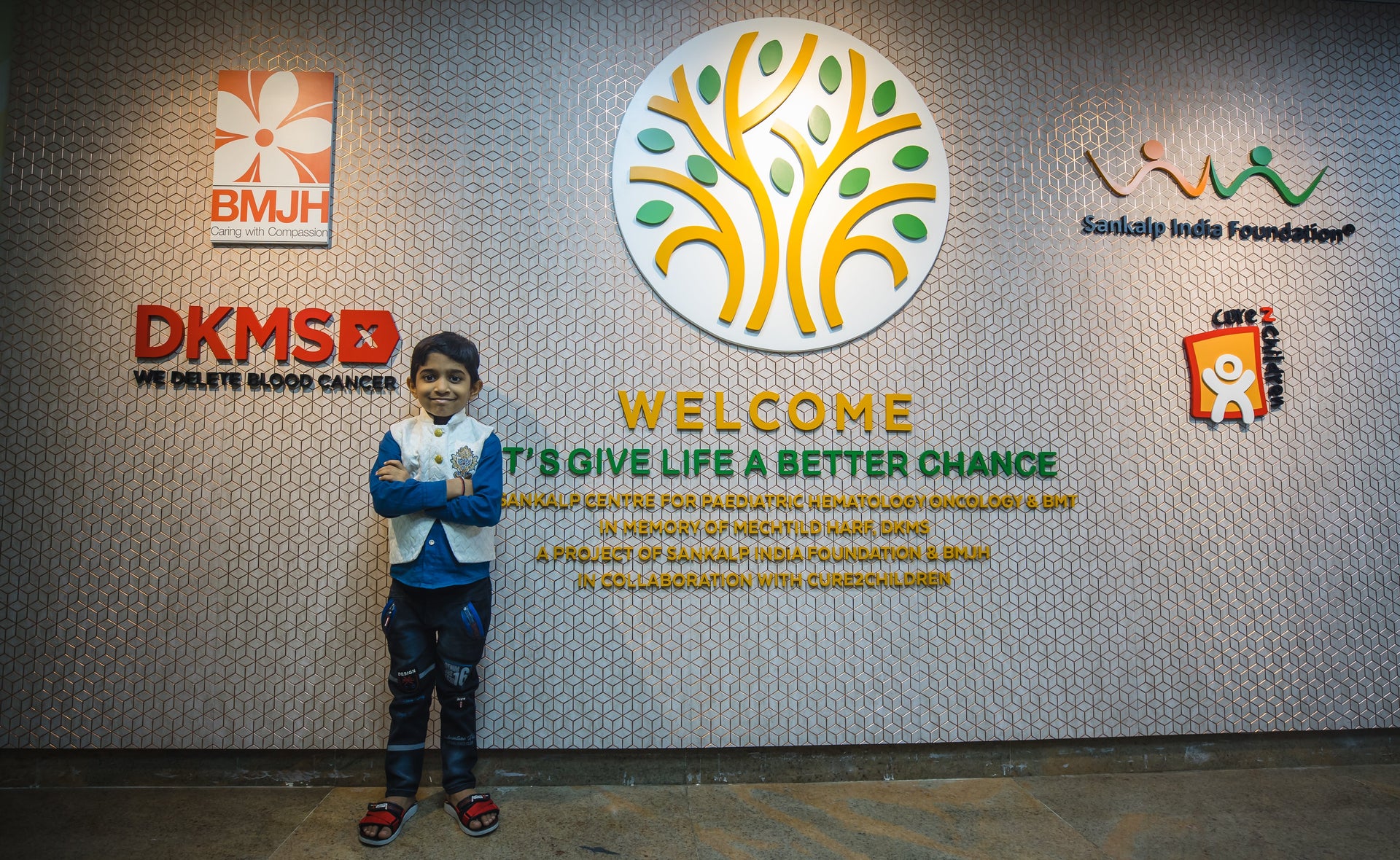
About 120 children can be treated at this centre each year. The state-of-the-art infrastructure combined with a dedicated team of specialists will ensure to deliver the best possible clinical outcomes for their patients. This centre is a step forward in the direction of a “Thalassemia Free India”.


